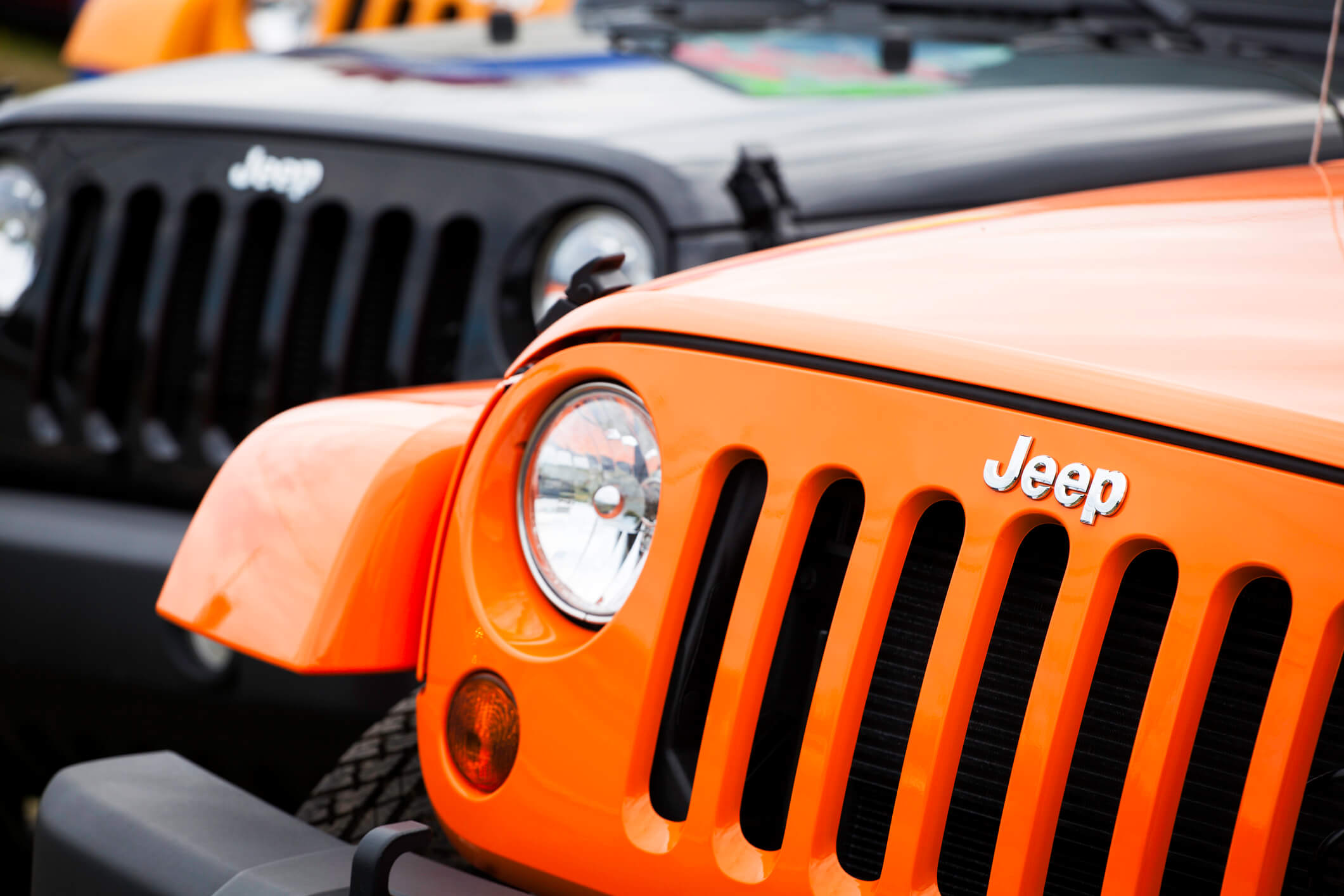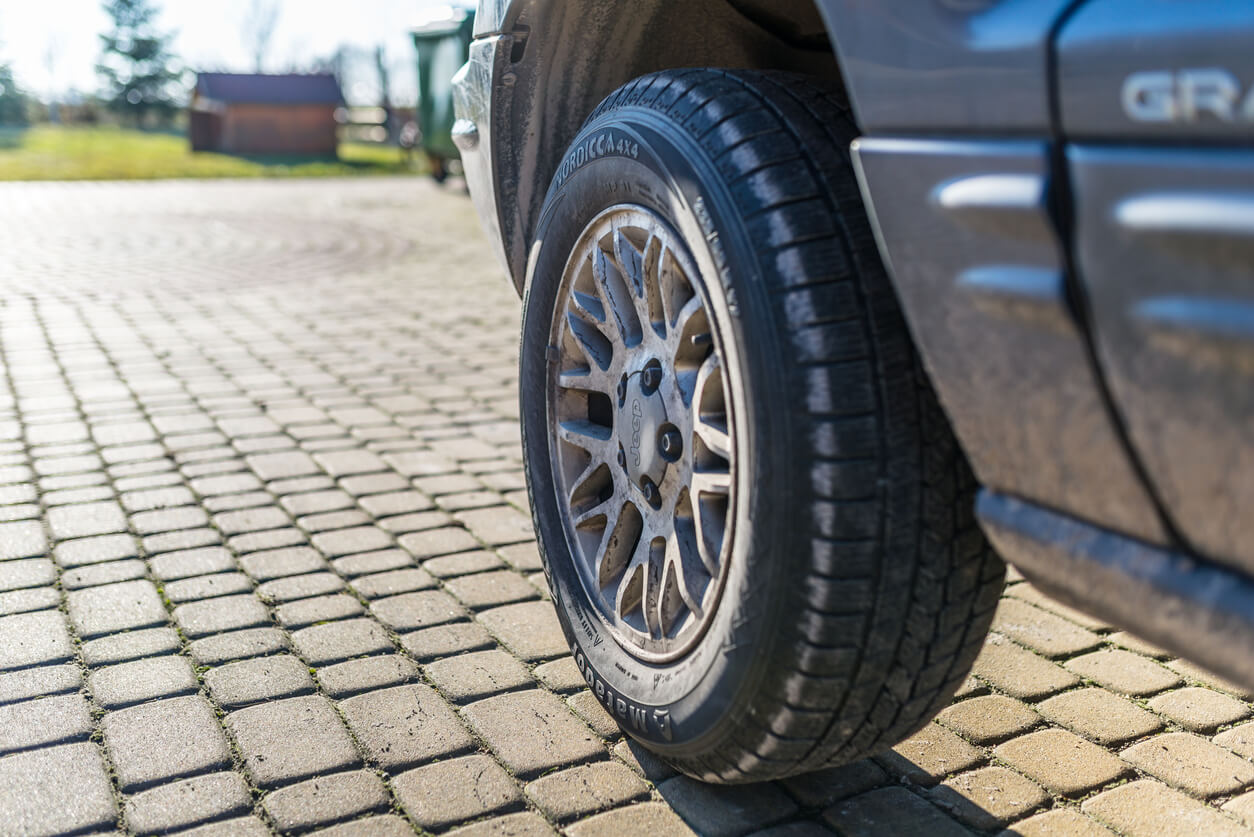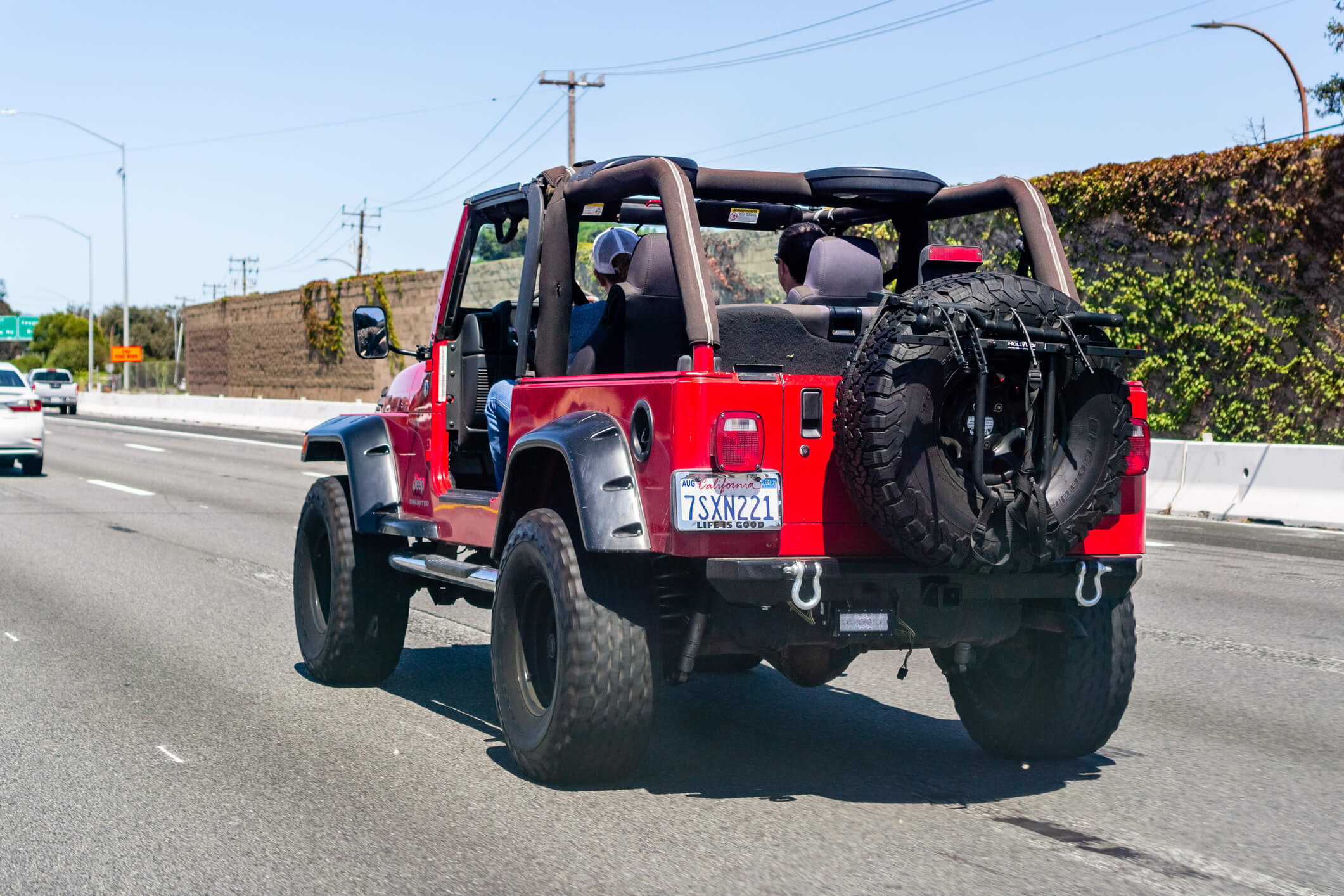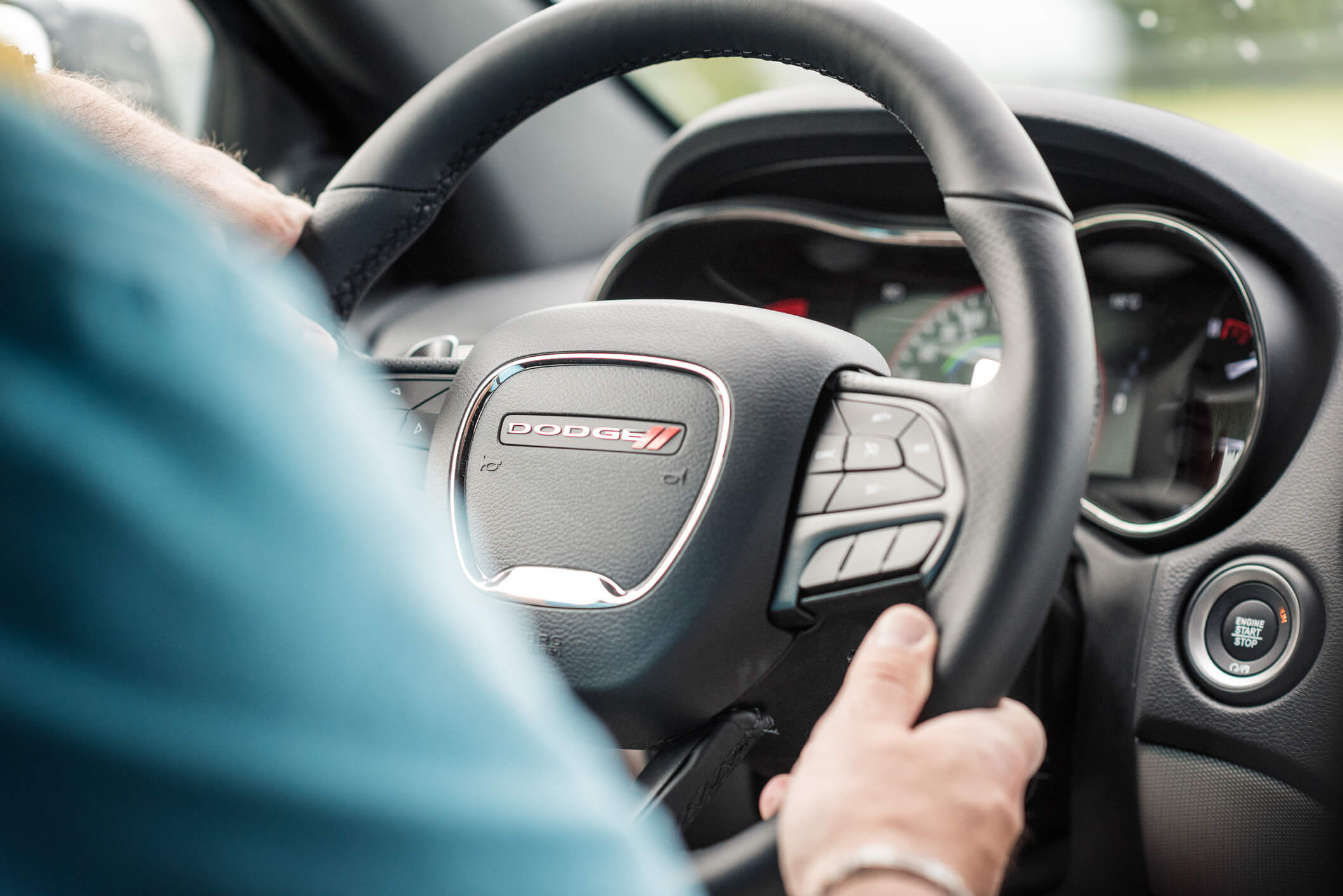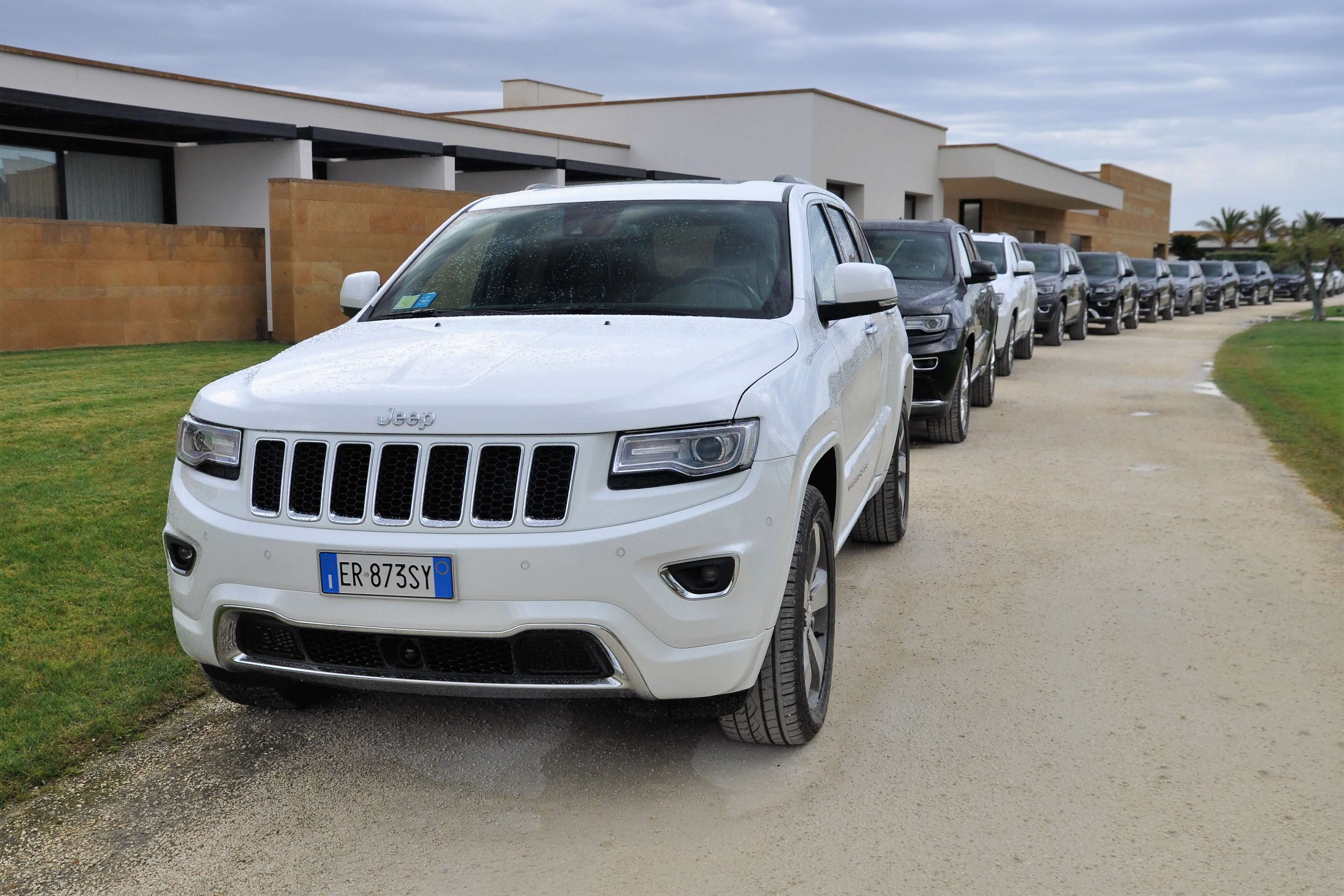By: Sepehr Daghighian, Esq.
Jeep is a popular brand of American automobile, an owned subsidiary of the Italian-American automobile corporation, Fiat Chrysler. While Jeeps have been wildly popular for a number of years, Jeep owners have also struggled with troublesome transmission issues for years. In particular, Jeep customers complain of jerky shifts, shift hesitation, lagging shifts, noisy shifts, and other troublesome issues. What is worse, Fiat Chrysler has oftentimes been unable to correct the shifting problems.
If your Jeep model has had shifting issues, CCA is here to help. We invite you to call our experts today for a free consultation: (833) LEMON-FIRM.
What Are Some Common Shift issues in Jeep Vehicles?
Over the past five years, Jeep has faced numerous complaints against improper and jerky shifts. Customers across different models of Jeep have been facing similar issues. Most of the claims raise concerns regarding broken and slippery gear shifts, sudden stops, and loud noises.
The most common problem raised against jeep vehicles were regarding rough and slippery gear shifts. According to customers, at times, the vehicles do not shift out of first/second gears, and this issue occurs frequently. This can be a hazardous situation and can lead to unfortunate accidents. A user of Grand Cherokee Outlander described the problem as, “I have owned the vehicle for just over one year. During this time, on 6 – 8 occasions, the transmission is either slipping or not shifting properly. On acceleration, occasionally, the transmission will not shift past 2nd gear causing the vehicle to rev extremely high, and it will not accelerate. You either need to shift into N or stop the vehicle completely, put into park, and start the process again.”
Another similar version of this problem is, at times, the vehicle suddenly shifts from a high gear to either first or second gear, which causes deafening revving sounds. This can be extremely dangerous, especially when you’re in traffic. A user described the issue as, “Recently we were accelerating and already in a higher gear and then all of a sudden the transmission shifts back to 1st or 2nd gear and starts revving very loudly. The only way to rectify the problem was to slow the vehicle and shift into park and start again. When this happens, it is startling, and depending on what traffic you are in, it can be very dangerous.”
These users have also been upset as they haven’t received much help from the dealers, “I took it to the dealer today, and they said they have never heard of such problems and nothing has turned up to be a problem. I want to solve it before someone gets hurt and my warranty period is over. Not sure what to do.”
Unfortunately, Jeep dealerships are oftentimes unable to satisfactorily correct the transmission issues. Jeep customers are often told that the dealership cannot duplicate their concerns or that the harsh shifts are a normal characteristic of the vehicle’s transmission. In other cases, the dealership attempts to reprogram the transmission’s computer; but the issues don’t go away.
Here is a partial list of the recent models that are known to have Jerky shift issues:
- 2013-2020 Jeep Grand Cherokee;
- 2013-2020 Jeep Compass;
- 2013-2020 Jeep Wrangler;
- 2013-2020 Jeep Renegade;
- 2013-2020 Jeep Patriot; and
- Other Jeep models;
What Can I Do if My Jeep Model is Facing Shift Issues?
Have you been noticing annoying gear shift issues with your Jeep vehicle, such as sudden stops, rough and slippery gears, loud noises, or others? CAA’s set of experienced lawyers are here to guide you to a feasible solution. Our lawyers are well versed in issues plaguing all Jeep models. Feel free to reach out to us for a hassle-free consultation regarding your vehicle.
Contact our experts for a free consultation at (833) LEMON-FIRM.
